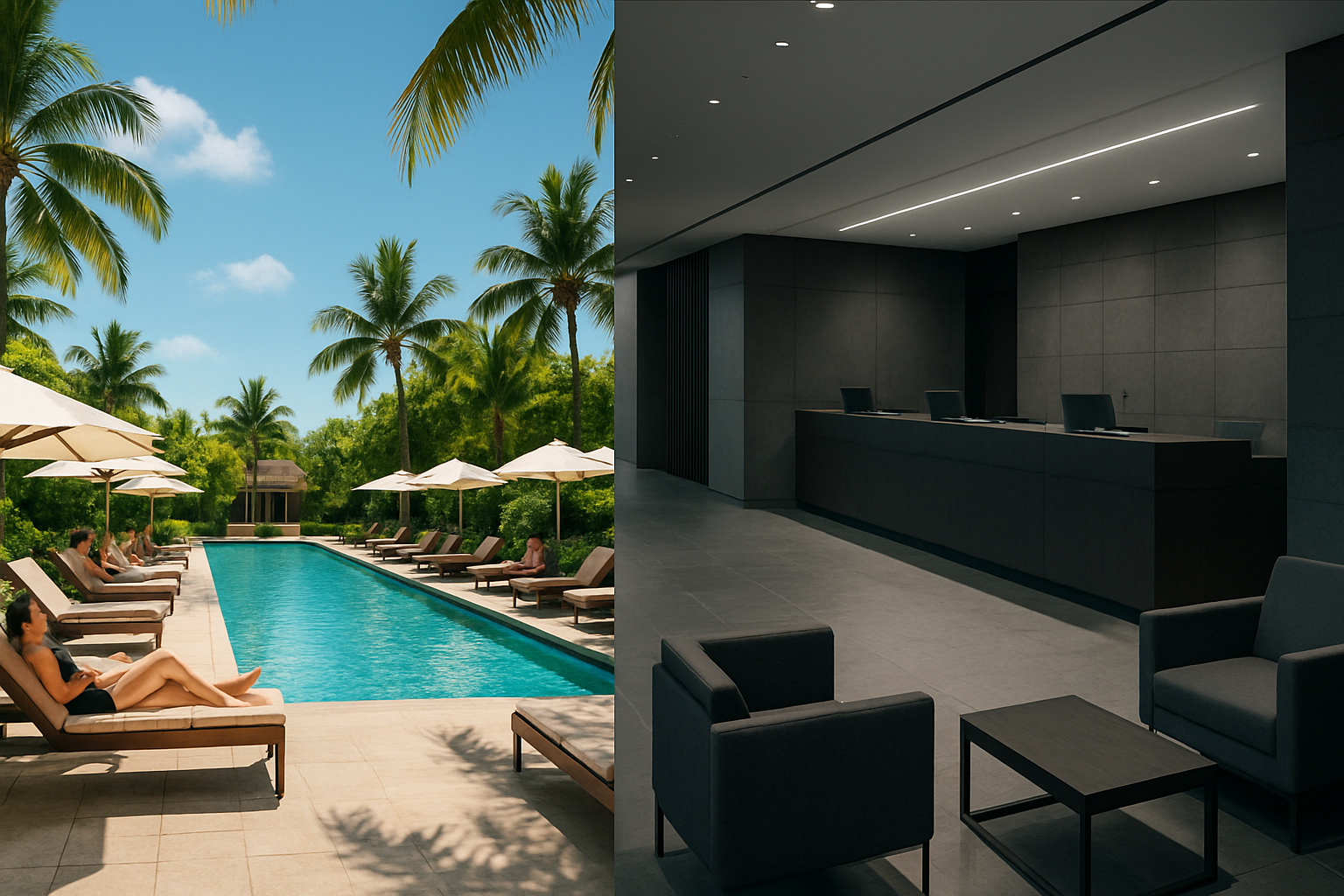The hotel industry's comeback story continues to unfold in unexpected ways as we move deeper into 2025. While overall occupancy rates have finally surpassed pre-pandemic levels (hitting 69.8% nationally last month), the recovery remains wildly uneven across markets and property types.
I visited three different hotel properties last week while researching this piece, and the contrasts were striking. A luxury resort in Florida was booming - fully booked through September with rates 22% higher than 2019. Meanwhile, a mid-tier business hotel in Chicago was still struggling, with occupancy hovering around 60% and desperate for the convention business that hasn't fully returned.
"We're essentially operating in two different industries right now," explains Maria Gonzalez, who manages a hotel portfolio for a major investment firm. "Leisure properties in desirable destinations are thriving, while business-focused properties in urban centers are reinventing themselves - or failing."
The labor situation remains the industry's biggest headache. Nearly every hotel manager I spoke with mentioned staffing challenges, with vacancy rates for housekeeping positions exceeding 20% in some markets. This has led to some creative solutions - from higher wages (finally!) to robots delivering room service in some properties.
The international picture adds another dimension. European hotels are experiencing a record summer season, boosted by American travelers taking advantage of currency advantages. Meanwhile, properties in Asia-Pacific markets are seeing uneven recovery, with China's domestic travel rebounding while international arrivals lag.
Technology adoption has accelerated dramatically - something I've noticed personally in my recent hotel stays. Mobile check-in, keyless entry, and chatbot concierge services have moved from novelties to standard features at many properties. "The pandemic forced ten years of tech adoption into about 18 months," one industry consultant told me.
For travelers, this mixed recovery creates both challenges and opportunities. Popular destinations require booking further in advance than ever (seriously, try finding a reasonable room in Santorini or Maui less than six months out). But business-focused properties and secondary markets often offer surprising values - and increasingly, better service as they compete for fewer guests.
The hotel industry has always been cyclical, but this recovery feels different - less like a tide lifting all boats and more like a fundamental reshuffling of what travelers want and how hotels deliver it.
